College presidents have long had to balance the rights of students, faculty and staff to speak freely, protest peacefully and debate civilly while also ensuring their campuses are safe spaces open to free exchange of ideas and political and religious perspectives.
Doing so was never easy, but it has grown exponentially difficult since the start of the Israeli/Palestinian war. College leaders are now grappling with numerous challenges to this often delicate balancing act and finding themselves under fire from internal stakeholders and external critics, including federal and state lawmakers, national advocacy groups and influential thought leaders and deep-pocketed donors.
Four university presidents recently took part in a virtual conversation about their differing approaches and processes for deciding when to speak on behalf of their institutions about the major issues of the day and how they’ve navigated recent tensions on their campuses. The event was held last week and organized by the Bipartisan Policy Center, a Washington think tank. Speakers discussed whether they engaged in national debates in an ad-hoc fashion or relied on a structured process where carefully calibrated statements are prepared behind the scenes.
Their perspectives and approaches varied greatly.
Lori S. White, president of Depauw University, a small liberal arts college in Indiana, said her top priority when she assumed office in 2020 was to establish a clear protocol for making official public statements.
“There will be particular instances when the campus community can expect to hear from the President,” she said. “But I am not always the only voice that might have expertise on a particular issue, I might not be the only voice that is needed when the campus is in crisis.”
She said particular situations could call for a comment from the vice president for academic affairs, or the vice president for student affairs or a faculty member.
Ana Mari Cauce, president of the University of Washington, a public research institution in Seattle, said her office has guidelines for making public statements that are not currently available to the public. She wondered aloud if perhaps this should change.
“Is it creating a high level of stress among our community members? Are there direct inquiries on social media? We have a number of things that we look at,” Cauce said of the policy.
The presidents discussed a variety of factors they weigh in their decision process: Does the issue affect a large number of students, faculty or staff? Does it have a significant impact on campus operations? Does it involve the death or serious injury of a member of the campus? Is it related to the mission and values of the institution? Can the president or other administrators remain nonpartisan in speaking on the matter?
“During a crisis is not the time to be trying to figure these things out,” Cauce added.
Jonathan J. Sanford, president of the University of Dallas, a Catholic institution, believes presidents “ought to resist the temptation to comment on current affairs.”
Sanford, a philosophy scholar, referenced Plato’s Republic, and noted that Plato removed himself from the city of Athens during his dialogue about justice.
“That signifies the way in which the kind of serious questions about how it is that we ought to live well together requires a certain distance from the day to day affairs,” Sanford said.
Sanford argued that it’s similarly important for academia to be removed from politically charged affairs.
“That’s a general principle that bears in mind what it is to be a university and to create an emphasis on what I think of as the sanctity of the classroom,” he said. “But that doesn’t mean it’s indifferent to what’s happening within the polis, the wider scene.”
Other presidents challenged that sentiment and pointed out that maintaining that kind of distance can be difficult in today’s political climate when colleges and universities are no longer the isolated ivory towers they once were.
“This idea of being the isolated ivory tower is not the way we describe our institution at all,” said Jonathan R. Alger, president of James Madison University, a public research institution in Virginia. “We’re the exact opposite. We talk about being the engaged university, engaged with ideas and the world.”
White recalled her tenure at Washington University in St. Louis in 2014 when Michael Brown, an 18-year-old in nearby Ferguson, Missouri, was shot and killed by a Saint Louis County police officer.
“There was no way that the institution could not respond when this was an issue that happened, literally right around the corner,” she said.
Sanford, who said he has not commented on other past controversial events, received “a great deal of pressure” to issue a statement about the Israeli/Palestinian war. He subsequently released a written call to prayer and eventually a statement about the conflict.
“I was receiving complaints that my silence was damning, one direction or another,” he said. “That brought me to the point where I thought I’d better articulate what my approach is.”
“I can see how somebody could say, ‘Well, you did just comment on a current political and military affair,’” Sanford said. “But it was in the context of articulating principles that can help guide reflection, the way in which we might each do this in a classroom.”
The presidents agreed that when they do decide to make a public statement, it’s the result of a nuanced thought process and, regardless of how much time and thought goes into what they say, it is impossible to please everyone. They also agreed on the importance of being selective about when and how often to speak
“The more that you put out statements, it waters the others down. So you really do want to be very cognizant of when you’re going to say something,” Cauce said.
“Using the presidential bully pulpit, you need to be judicious,” Alger added. “I think of it as a blend of principle and pragmatism.”
Cauce agreed. “There is an art involved,” she said.
Despite their different views about when or whether to make a public statement about domestic or foreign affairs, the presidents agreed college leaders are dutybound to set examples for having productive and civil public discourse.
“Our responsibility is to create an educational experience that really results in teaching our students and giving them the tools to engage in these really difficult conversations in an environment where there are not great role models externally,” White said.






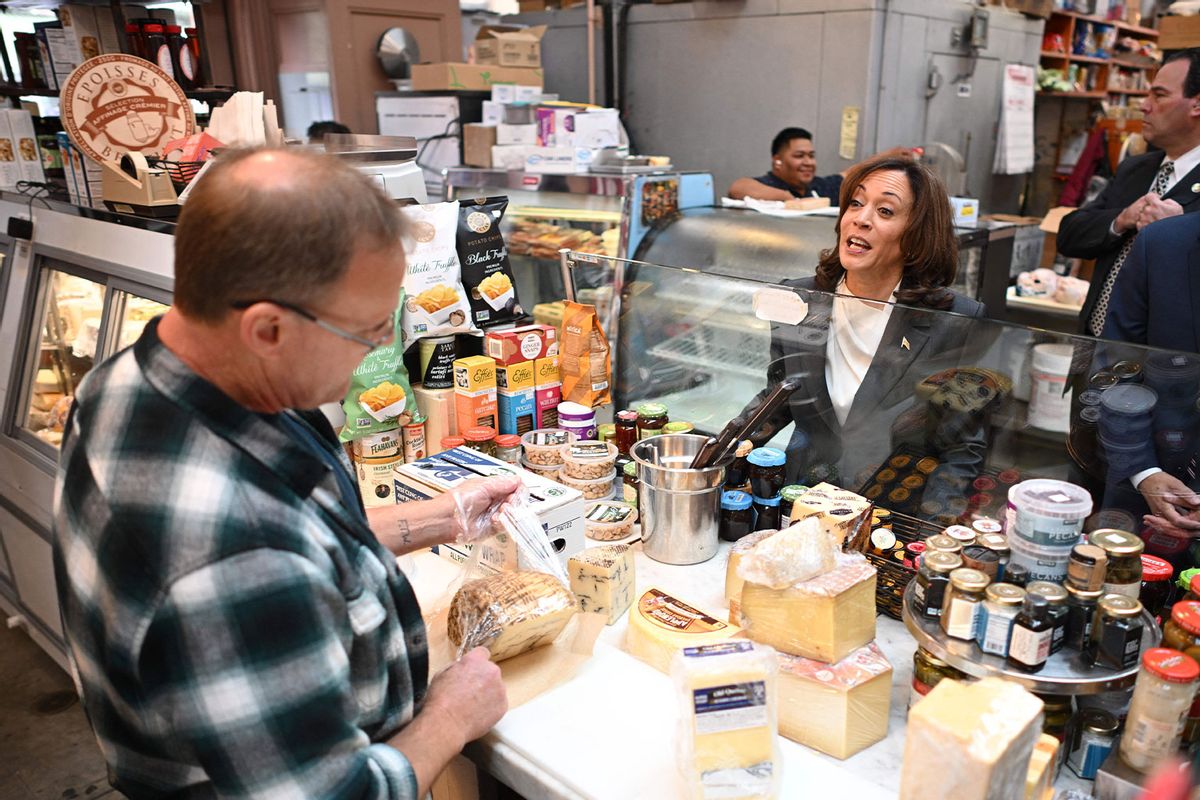


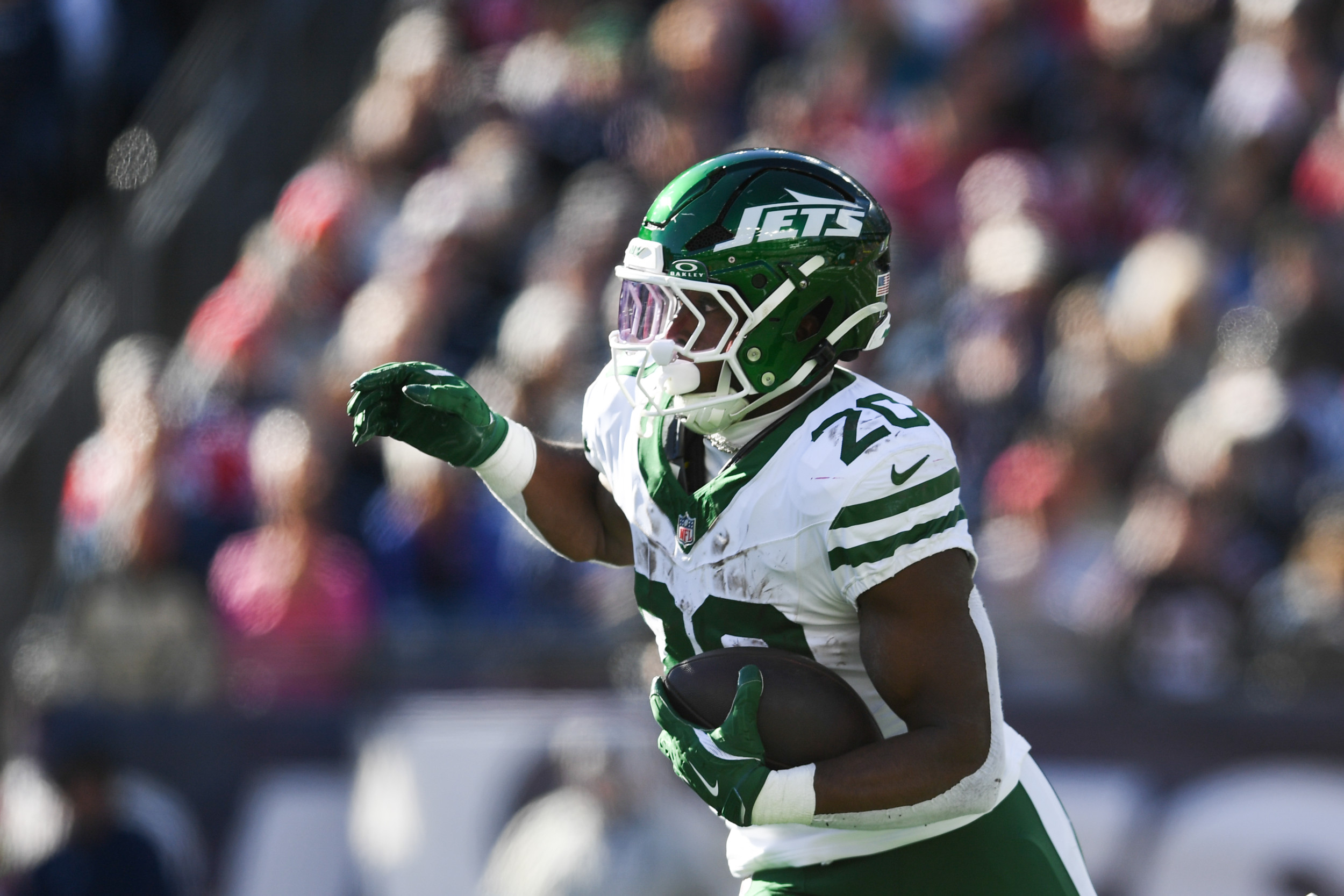
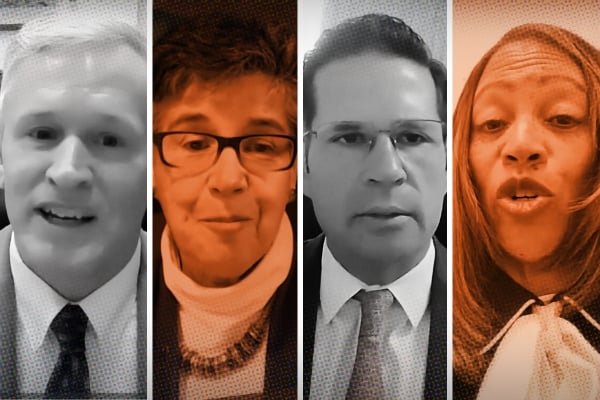

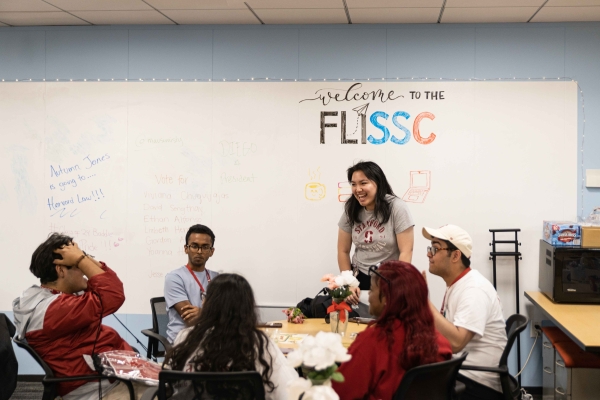

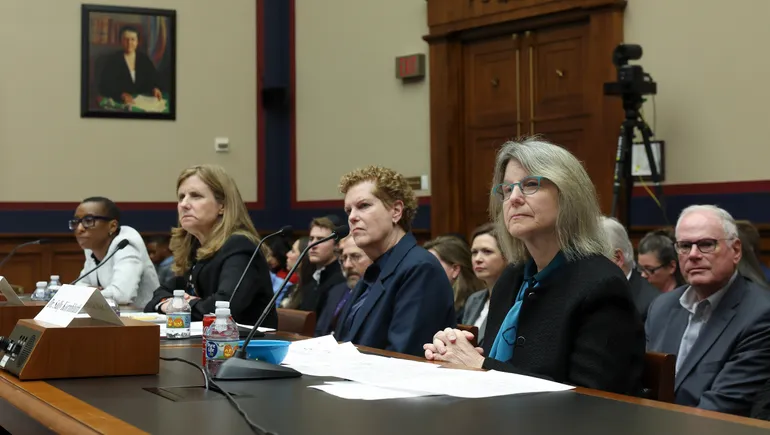





Discussion about this post